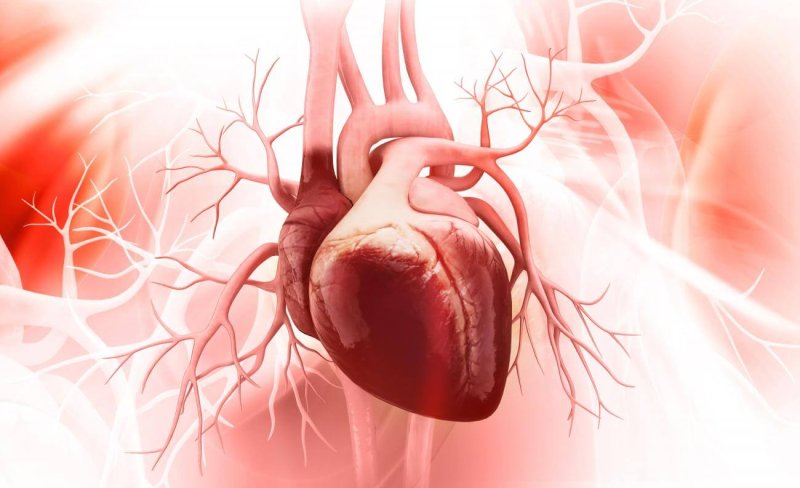While there have been significant gains against cancer, precision medicine has produced far less progress in the world’s biggest killer—cardiovascular disease. However, there is reason to believe that soon the treatment paradigm of cardiovascular disease will begin to adopt a focus on highly individualized variables.
…
Precision medicine approaches are defining distinctive patient subgroups, identifying molecular targets associated with the underpinnings of disease, and revealing biomarkers that can evaluate the effects of cardiovascular drugs earlier in development.
…
Genetic cardiovascular diseases—such as hypertrophic, restrictive, and dilated cardiomyopathies; inherited heart rhythm disorders, such as LongQT and Brugada syndromes; familial hyperlipidemia; and inherited conditions that cause vascular disease, such as Marfan’s syndrome—have been the initial targets of industrial–academic collaborations to achieve novel breakthroughs in diagnosis and treatment.
…
Sarcomeric Human Cardiomyopathy Registry (SHaRe), [is] an international repository of clinical and laboratory data from investigators at centers all over the world committed to gaining a better understanding of the genetic underpinnings, commonalties, and differences among cardiomyopathy patients. Efforts like these advance the science of precision medicine against specific heart conditions, but they also serve as a blueprint so that other cardiovascular diseases can be approached and treated effectively.
…
In cardiovascular disease, precision medicine may result in much-needed innovation in the field and has the potential to eventually change the way we treat heart diseases altogether.
Read full, original post: Why Cardiology Is the Next Frontier for Precision Medicine































